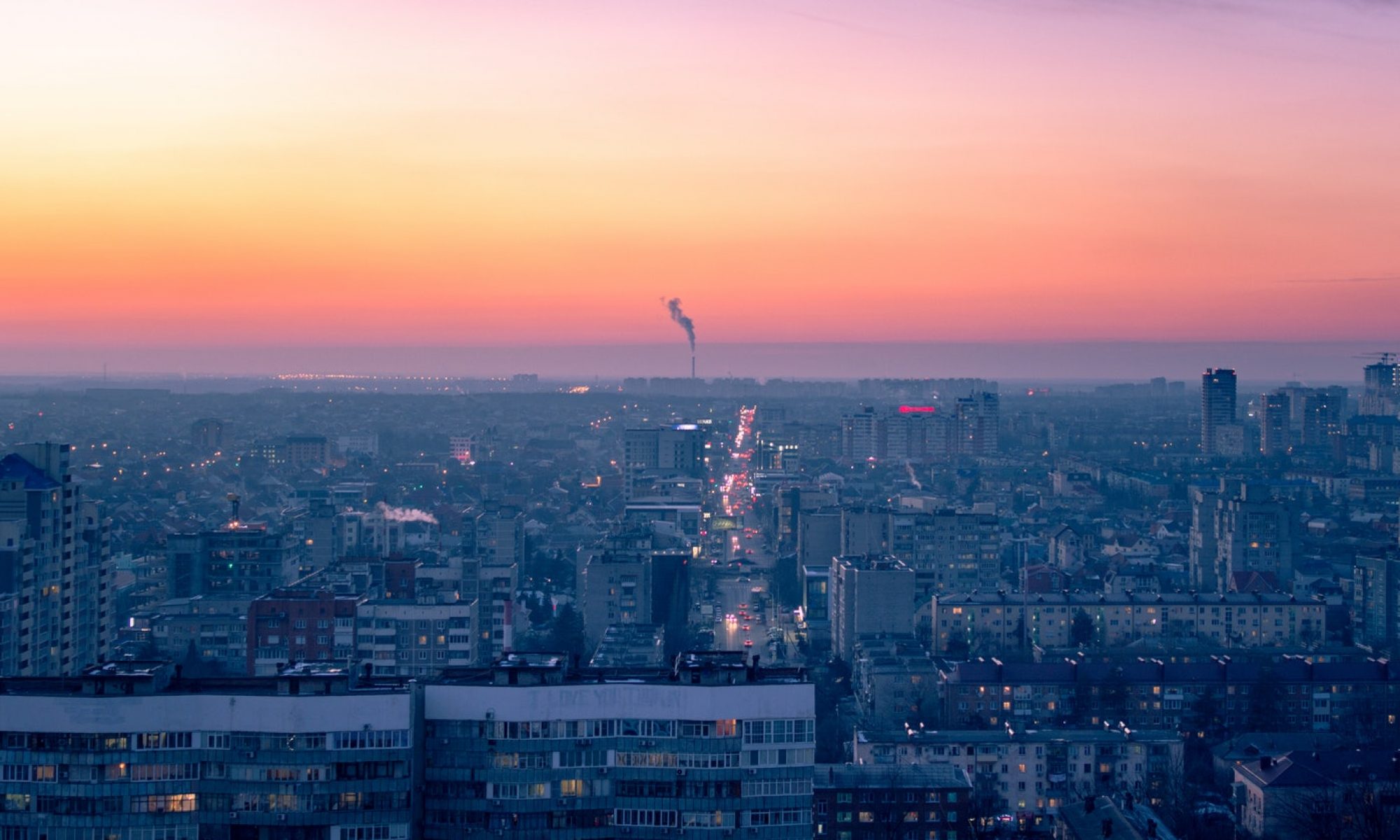The Arctic institute’s China Series, coordinated by Dr. Sanna Kopra, are approaching their end. In the last post, Kopra gives final remarks on China and its Arctic trajectories.
When we began to put together The Arctic Institute’s China series in the beginning of this year, little did we know about what was about to happen due to the outbreak of the coronavirus pandemic. Today, it is not difficult to imagine that far-ranging consequences of the pandemic will reshape economic and political dynamics in the Arctic region. Will the pandemic constitute an exogenous shock that triggers fundamental change in international order, including the regional order in the Arctic? What kind of role will China play in the reconstruction of the Arctic economy and what are geopolitical and environmental consequences?
Read the full version of the text on the Arctic Institute’s website.

